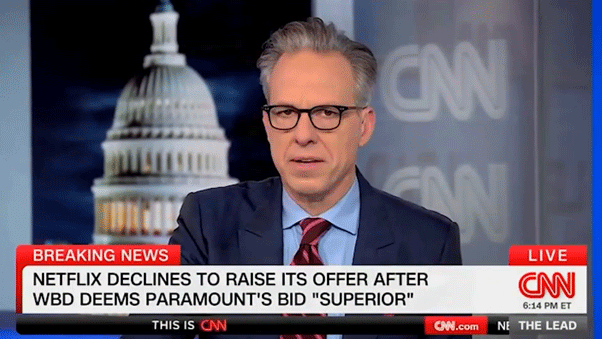Activists labeling needles in homeless camps 'not trash,' Portland drug counselor says
Kevin Dahlgren on activists leaving 'not trash' tags on various items including needles to prevent crews tasked with cleaning up homeless camps from taking anything that could be someone's belongings.
Portland's drug crisis has forced the city's public transportation to take new precautions to protect passengers, reportedly leaving commuters battling mass delays and disruptions as a result.
With a surge in fentanyl, trains in the Oregon city are stopping to air out cars every time an operator or passenger reports suspected smoking of an illicit drug.
"Fentanyl use on the trains is very common," Portland drug counselor Kevin Dahlgren told "Fox & Friends First" Wednesday, warning the most "terrifying" risk is traces of the drug being touched by passengers.
"The risk is after a person smokes it, they usually will nod out. When they nod out, they oftentimes drop what they were using and even a couple of milligrams of fentanyl can be fatal," he said. "They let go of the tinfoil, oftentimes it'll just lie in the seat next to you. And so you could sit on it, you could touch your hands on it, and it's a lethal dose."
TriMet MAX logged 460 "passenger issues" and a minimum of 150 hours of disruption on trains and buses as of March 14, according to public records obtained by KATU in Portland. A review of records from a two-week period in 2022 revealed every one of the 30 "passenger issues" recorded except one involved smoking or suspected of smoking illicit drugs, including fentanyl.
TriMet spokesperson Roberta Altstadt told KATU the increase of drug use on trains and buses is a reflection of wider use throughout the community, resulting in an air out policy that began in April 2022.
In at least two of the 30 instances reviewed, train operators declined to continue their shifts after the 15-minute air out window, reporting they weren’t feeling well.
In nearby Seattle, a city bus driver warned fentanyl exposure from passengers made him so sick that he had to take medical leave for months, and he was repeatedly sent back to work after doctors refused to treat him because his claim would not be accepted.
"It's a terrible feeling," King County Metro driver Stevon Williams told "Fox & Friends First" earlier this month. "I'm responsible for those passengers and, sometimes, there are kids on the bus. We have a school contract, so we have all children on these buses going back and forth to school during the daytime, but at nighttime it's dangerous."
"It [the fentanyl smoke] makes me dizzy, it makes my vision blurred, and the smell is terrible, and I immediately get overwhelming migraine headaches that today I still have constantly."
Data from the Oregon Health Authority Public Health Division recorded 472 opioid deaths in 2020, 745 in 2021 and at least 391 in 2022, although last year's numbers are still incomplete.
Activists in Portland are pushing back against the city's efforts to clean up the streets, particularly where homeless encampments are located, by tagging belongings including needles as "not trash," Dahlgren said.
"What's frustrating for us is nine times out of 10, the very homeless that used to live there are the ones helping us pick up the trash because we involve them. So we're not throwing away anybody's belongings," he explained.
Dahlgren argued that while volunteers like himself are working to help the homeless community escape drugs and dirty streets, the activists are "part of the problem" pushing a "dystopian society" vision.
"They're part of the problem and we're part of the solution, so we continue to go out there every day, do your advocacy, do our outreach, do the trash picks," he said.
CLICK HERE TO GET THE FOX NEWS APP
"One especially frustrating thing they do is after we've done a trash pick they will return the trash to the parks, open up the bags and pour the trash back out into public parks. So it's just madness."
Fox News' Taylor Penley contributed to this report.














































